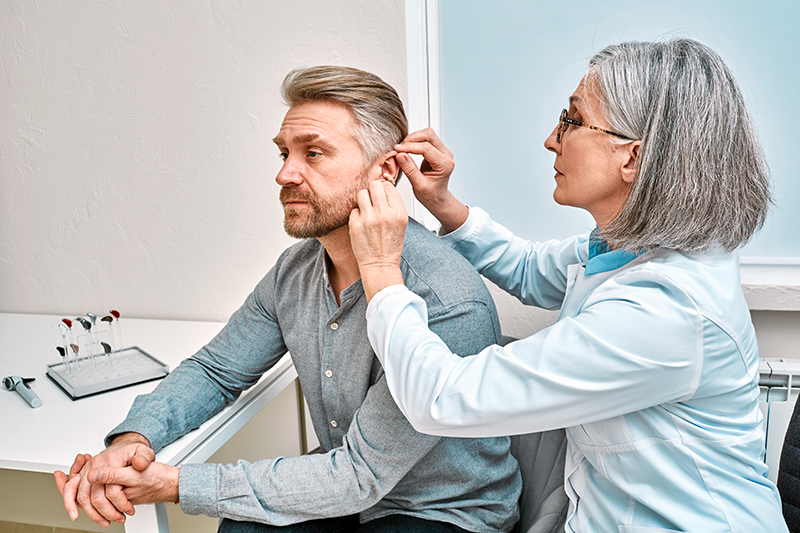 The ears are essential to daily functioning and neurological well-being, as they facilitate awareness and communication. In this article, we will examine the key facts about hearing loss that may not be widely acknowledged.
The ears are essential to daily functioning and neurological well-being, as they facilitate awareness and communication. In this article, we will examine the key facts about hearing loss that may not be widely acknowledged.
Getting the Facts About Hearing Loss
Hearing Loss Can Affect Anyone
Hearing loss is frequently associated with the aging population; however, it can impact individuals of any age. While it is more common among seniors, it is vital to acknowledge that hearing loss can occur at any stage of life. Age-related hearing loss generally arises from physiological changes within the ear. Furthermore, various factors can contribute to this condition, including certain medications and underlying health issues such as diabetes, hypertension, hyperlipidemia, kidney disease, and cardiovascular disease. Hearing loss is widespread, affecting almost 50 million Americans aged 12 and older. It ranks third as the most common chronic health issue in the United States.
Injury from Noise
The preponderance of noise in metropolitan settings has become an increasingly prominent issue. Various sources contribute to elevated noise levels in many settings, including airports, vehicular traffic, crowded sports venues, construction activities, bars, concerts, the use of power tools, and barking dogs. Personal audio devices, such as earbuds and headphones, utilized at high volumes, and household appliances like blenders, lawnmowers, and leaf blowers further exacerbate environmental noise pollution, even when individuals may not perceive these sounds as excessively loud. Repeated exposure to high noise levels poses a significant risk to auditory health. The intensity of the sound correlates directly with the potential for rapid deterioration of hearing capabilities. Specifically, loud noises can damage the hair cells within the cochlea, resulting in noise-induced hearing loss, which typically manifests gradually and without noticeable pain.
Symptoms of Hearing Loss
While sudden or severe hearing loss is straightforward, mild or intermediate hearing loss is often too subtle to notice. You could be developing hearing loss if you experience the following symptoms:
• Ear pain
• Mishearing what others say
• Hearing sounds muffled
• Tinnitus or ringing in your ears
• Experiencing dizziness or balance issues
• Reading lips to understand a conversation
• Asking people to repeat themselves
• Sensations of fluid or pressure in your ear
• Social settings are hard to hear
• People say the TV or radio volume is too loud
Should you experience any of these symptoms, it is advisable to seek the expertise of an audiologist for a comprehensive hearing assessment. If hearing loss is confirmed, the audiologist will recommend the most appropriate treatment based on the underlying reason and the severity of the condition.
Treatment is Critical
Early intervention in hearing loss is essential for optimal outcomes and to prevent long-term auditory damage. If untreated, hearing loss can lead to auditory deprivation, where the brain struggles to process sound due to insufficient stimulation. This reduction in auditory input can alter brain function, increasing the likelihood of losing the ability to recognize sounds over time and complicating future treatment.
Get Tested Annually
Hearing loss often develops gradually and may go unnoticed until it significantly impacts individuals. This underscores the importance of scheduling annual hearing examinations for those at risk. These assessments enable audiologists to identify early changes in hearing ability, allowing for timely intervention to prevent further deterioration and preserve auditory function.
Do not allow hearing loss to develop unnoticed. An annual hearing examination is crucial for the early detection and treatment of hearing loss, thereby safeguarding your auditory health.